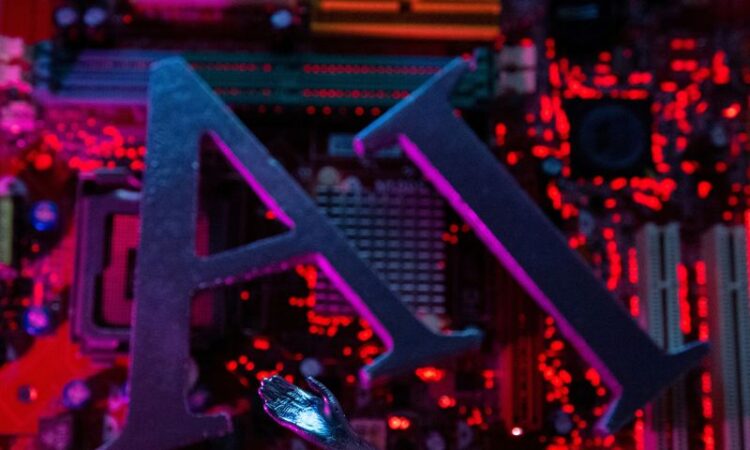
A look at the day ahead in U.S. and global markets from Mike
Dolan
World markets are ending a bumpy August in better sharp that the
dire first half of the month – but inflation and interest rate
uncertainty, China’s economic funk and geopolitics still cloud
the horizon.
Despite more evidence on Wednesday that the tight U.S.
labour market is loosening at last, the interest rate futures
market remains undecided about whether the Federal Reserve has
one more rate hike left in the bag – and still sees 50-50 chance
of one more move in November.
Attention shifts from the jobs market briefly back to
inflation on Thursday as July PCE inflation readings – favoured
by the Fed – are expected to show an uptick in core inflation
rates to 4.2% from 4.1% as annual base effects overshadow
still-subdued monthly price gains.
That confusing annual inflation picture was mirrored in
August euro zone readings that showed headline inflation
surprisingly sticky at an unchanged 5.3% but falling below
forecast to 6.2% when excluding food and energy.
But China’s economic and market struggles continued to
colour the mood more generally amid a frenetic week there for
international economic diplomacy, property sector support
measures and corporate earnings.
China’s stocks fell back in the red on Thursday
after data showing manufacturing activity contracted for a fifth
straight month in August. Even if that came in slightly above
forecasts, an unexpectedly sharp slowdown in the country’s
service sector ensured another underwhelming reaction.
Those jitters cut across more positive news for the
country’s tech sector as the race to keep up with U.S.
artificial intelligence breakthroughs went up a gear.
Four Chinese tech firms, including Baidu and
SenseTime, launched AI chatbots to the public after
receiving government approval, as China’s government pushes to
widen the use of such products in competition with Washington.
Although higher by the close, the initial jump in the
sector’s stocks was pared back.
With dour bank earnings and soundings from the ailing
property sector in the background, geopolitics also continues to
jar. Beijing appeared to downgrade next week’s G20 summit in
importance just after all its fanfare around an expansion of the
BRICS-grouping last week – seen as its alternative to the
U.S.-led G7 bloc.
Chinese President Xi Jinping is likely to skip a summit of
G20 leaders in India, sources told Reuters. Premier Li Qiang is
expected to represent Beijing instead at the Sept. 9-10 meeting
in New Delhi.
Overall, Asia markets were flat to negative – Europe’s
bourses were higher and U.S. futures held steady ahead of
Thursday’s open. The S&P500 is on course to end the month
less than 2% lower, but that will break a string of five
consecutive months of gains.
U.S. Treasury yields held steady at the week’s lows, on the
back foot due to softer jobs data ahead of Friday’s August
payrolls report. The dollar was firmer as the euro
fell back on the inflation news.
Shares of UBS where the big mover and gained 6.3%,
hitting their highest level since late-2008, after the bank also
said it was increasing its ambitions for cost savings to more
than $10 billion across the group.
Events to watch for on Thursday:
* U.S. July personal income/consumption and PCE inflation gauge,
weekly jobless claims, Chicago August business survey
* Boston Federal Reserve President Susan Collins and Atlanta Fed
chief Raphael Bostic speak; European Central Bank Vice-President
Luis de Guindos speaks
* U.S. Treasury auctions 4-week bills
* U.S. corporate earnings: Broadcom, Dollar General, Campbell
Soup, Hormel Foods, Lululemon
(By Mike Dolan, editing by David Evans,
[email protected]. Twitter: @reutersMikeD)



